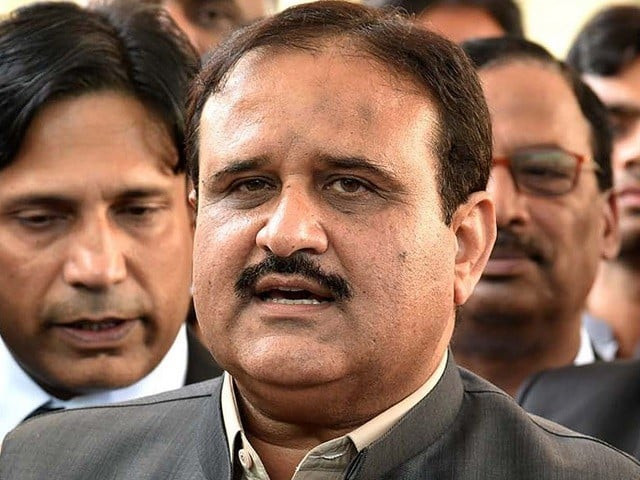Punjab’s transition to local governance
PTI is the first political party that has undertaken the huge risk of reinvigorating the local governance in Punjab

PHOTO:INP
There is a problem, though. Voters don’t live at the federal or provincial level. They exist only at local or constituency level. The so-called pork barrel in the United States and the development funds for senators, MNAs and MPAs in our own context are meant to buy back support for re-election. Here lies the explanation why the political class in Pakistan never lets the local governments take roots. Another argument against that sells well is that these institutions are the brainchild of unelected governments. All manner of military dictators used them as a substitute for parliamentary democracy. While this association is hard to deny, it is not a serious case against the local governments. During the tenure of the last parliament, the local government legislation and elections were thrust upon the political class by the judiciary. The willy-nilly compliance led to toothless local institutions. While the provincial legislatures are reluctant to devolve power and authority to the local level, the federal government used to be even more reluctant to shed some load to the provinces. The parliament of 2008-13 took refuge behind its achievement of enacting the 18th Amendment and the promulgation of the 7th NFC award to drag its feet on meaningful governance at the local level. The said the Amendment had inserted Article 140A requiring that, “Each Province shall, by law, establish a local government system and devolve political, administrative and financial responsibility and authority to the elected representatives of the local governments.” Nothing, however, was done to operationalise the provision.
The present government is the first political government that has undertaken the huge risk of reinvigorating the local governance in Punjab. It has learned from its experience of putting in place a relatively better system in Khyber-Pakhtunkhwa in the past. Secondly, it also took the opportunistic but tactical step of allowing development funds to the MNAs/MPAs to ward off opposition. Thirdly, it has dissolved the existing institutions before the end of their tenure and delayed the elections for a year as a palliative for its own ranks. These political lollypops melt into insignificance when weighed against the radically-improved system of local governance envisaged in the Punjab Local Government Act, 2019. First the elected neighbourhood and village councils taking charge of their own community and its development is an idea that strikes at the roots of the prevailing power structure. The partyless elections will help keep the political polarisation away from the gali mohalla. Secondly, our cities have been growing in population more than in development. Directly-elected mayors affiliated to parties with power and resources hold the prospects of putting this stunted growth to an end. Rural areas will have elected tehsil councils with political parties vying for power. Finally, the promise to transfer 30 per cent of the provincial resources will leave no excuse for failing to deliver.
Published in The Express Tribune, May 10th, 2019.
Like Opinion & Editorial on Facebook, follow @ETOpEd on Twitter to receive all updates on all our daily pieces.















COMMENTS
Comments are moderated and generally will be posted if they are on-topic and not abusive.
For more information, please see our Comments FAQ